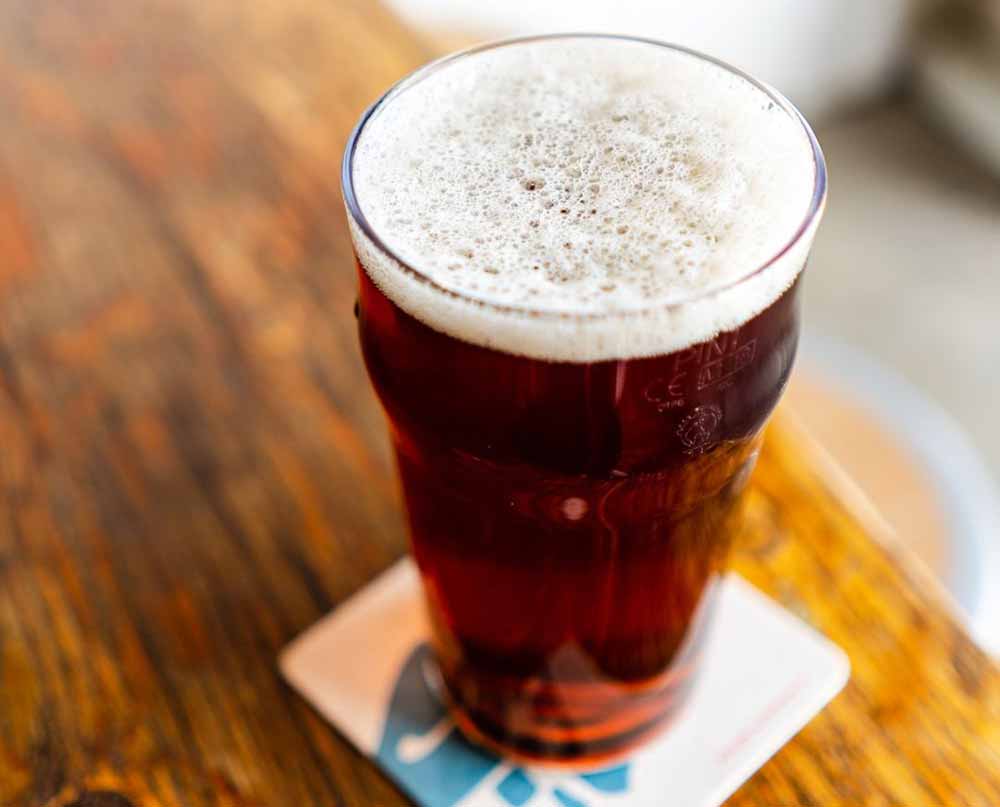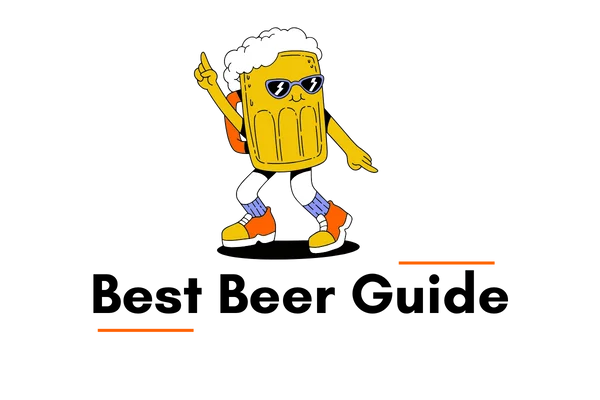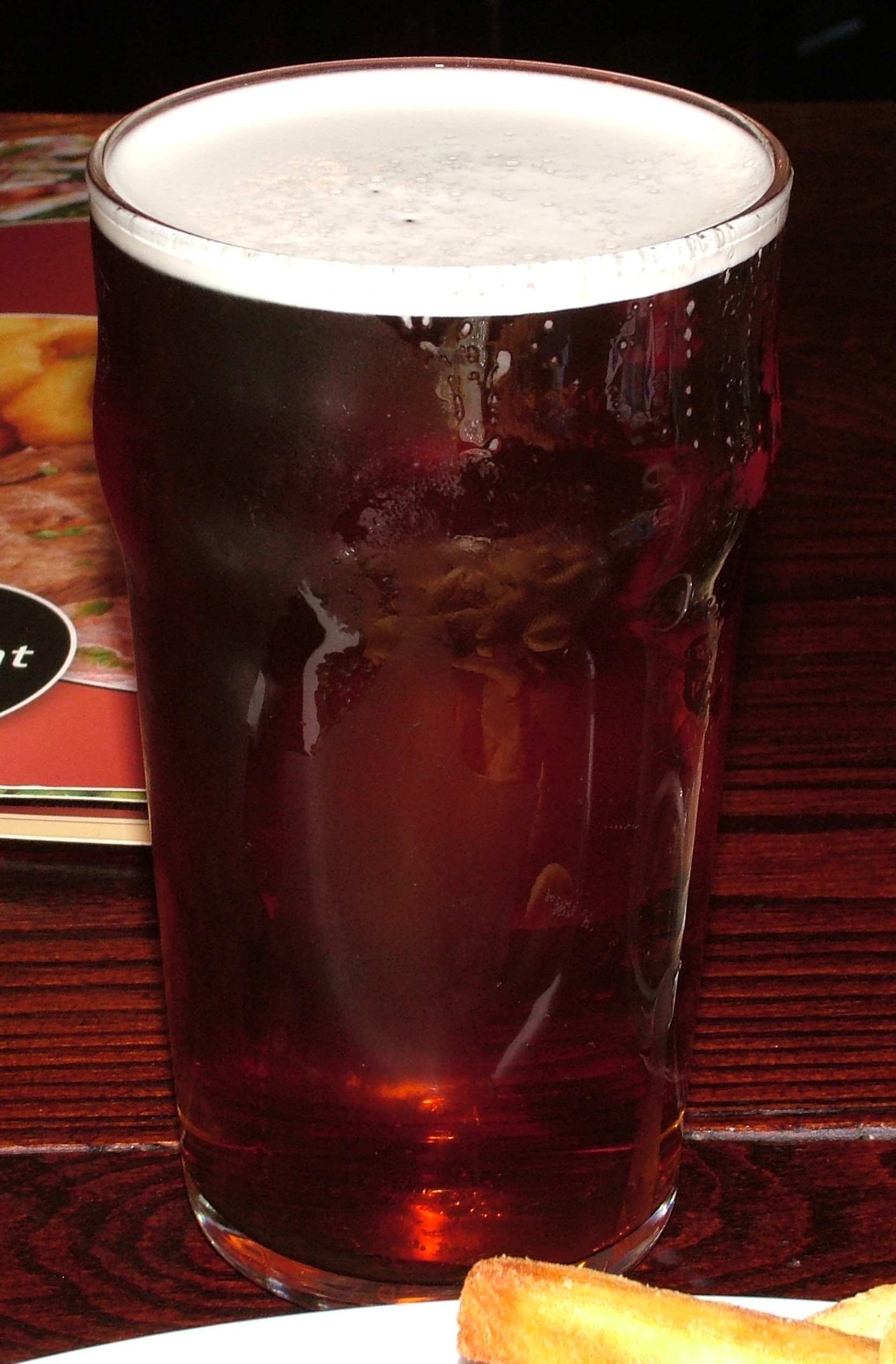Beer is bitter due to the presence of hops, which contain compounds that give the beer its bitter taste. Hops add bitterness and balance the sweetness of the malt.
Beer has a long history dating back to ancient civilizations, and the bitter flavor of beer has been a crucial aspect of its appeal. The bitterness in beer comes from the addition of hops during the brewing process. Hops contain alpha acids, which are responsible for bitterness and adding complexity to the beer’s flavor profile.
This bitterness also acts as a natural preservative, helping to prolong the beer’s shelf life. Understanding the bitterness in beer is essential for beer enthusiasts and brewers alike, as it plays a significant role in the overall enjoyment and experience of this popular beverage.

Credit: www.hopculture.com
The Science Behind Beer Bitterness
Beer bitterness is a result of the presence of specific chemicals in the brewing process. These chemicals, known as hops, lend a bitter taste to beer. Hops contain alpha acids, which are the primary contributors to beer bitterness. Alpha acids are converted into iso-alpha acids during the boiling process, releasing bitterness into the beer.
The level of bitterness in beer can be measured using the International Bitterness Unit (IBU) scale. The higher the IBU, the more bitter the beer will taste. Different beer styles have varying levels of bitterness, with some styles, such as IPAs, being known for their strong and hoppy bitterness.
In addition to alpha acids, other compounds like tannins and polyphenols can also contribute to the bitterness of beer. These compounds can be derived from ingredients like malt and yeast. Although bitterness is perceived by the taste buds on the back of the tongue, it is a complex sensory experience that also involves aroma and overall flavor.
Factors Affecting Bitterness
Beer bitterness is influenced by several factors. Hop varieties play a crucial role in determining the bitterness of beer. Certain hops contain higher levels of alpha acids, resulting in a more bitter flavor. The brewing process also impacts the bitterness of beer. The duration of boiling hops and the addition timing affect the bitterness level. Additionally, the use of different malts and grains can contribute to the overall bitterness of the beer. Factors such as water chemistry and yeast strains further influence the beer’s bitterness. Understanding these factors can help brewers create beers with a desired level of bitterness.
Perception Of Bitterness
Our perception of bitterness in beer is influenced by individual taste sensitivity and the specific beer styles. Some people are more sensitive to bitter flavors due to genetic variations, affecting their ability to taste certain compounds. This can lead to varying experiences of bitterness when consuming the same beer. Additionally, different beer styles have distinct levels of bitterness, with some being more hop-forward, resulting in a pronounced bitter taste, while others offer a milder, balanced bitterness. Understanding these factors can provide insight into why individuals perceive bitterness differently and how beer styles contribute to this variation.
Credit: www.quora.com
Balancing Bitterness In Beer
|
Balancing bitterness in beer is crucial to creating an enjoyable drinking experience. The sweet and bitter components of beer must be harmonized to achieve the desired flavor profile. Too much bitterness can overpower the palate, leaving an unpleasant taste, while too little can result in a lackluster and bland brew. Finding the right balance requires skill and precision. Brewers carefully select hops, which are responsible for the majority of beer’s bitterness, to achieve the desired level of bitterness. Different hop varieties have varying levels of alpha acids, the compounds responsible for bitterness. By choosing hops with appropriate alpha acid levels and determining the optimal duration of hop exposure during brewing, brewers can control the bitterness. In addition to bitterness, sweetness plays a crucial role in balancing the flavor of beer. Malt, a key ingredient in beer, contributes sweetness through its sugars. The amount and type of malt used can influence the overall sweetness of the beer. By carefully selecting malts and monitoring the brewing process, brewers can achieve the right balance between sweetness and bitterness. |
Impact Of Bitterness On Beer Culture
Beer bitterness has significant impact on the culture. Historically, bitterness was favored for preservation. Modern trends emphasize balance and variety in beer flavors.

Credit: en.wikipedia.org
Frequently Asked Questions For Why Is Beer Bitter
Why Is My Beer So Bitter?
Beer can taste bitter due to excessive hops or high alcohol content, or if the brewing process is rushed.
How Do You Make Beer Less Bitter?
To make beer less bitter, you can try adding sweet ingredients like honey or fruit extracts during the brewing process. Another option is to balance the bitterness with flavors like caramel or chocolate malts. Adjusting the hops quantity or using varieties with lower bitterness can also help.
Why Do I Hate The Taste Of Beer?
Some people dislike beer due to its acquired taste and bitterness from hops. Your taste preferences can be influenced by genetic factors, childhood experiences, and cultural influences. Certain flavor compounds in beer may not align with your taste buds, leading to a dislike of its flavor.
How Do You Drink Beer Without Bitterness?
To reduce beer bitterness, try lighter beer styles like wheat, lagers, or ales. Opt for beers with lower IBUs (International Bitterness Units). Also, serving beer at the recommended temperature and choosing sweeter or fruity varieties can help lessen bitterness.
Conclusion
The bitter taste of beer comes from a combination of ingredients and brewing processes. Hops, specifically their alpha acids, are responsible for most of the bitterness. However, other factors like malt, yeast, and water can also contribute to the overall taste profile.
Understanding the bitterness of beer can help us appreciate the complex flavors that make each brew unique. So, next time you take a sip of beer, remember that it’s the balance of bitterness and other flavors that make it so enjoyable.


1 thought on “Why is Beer Bitter”